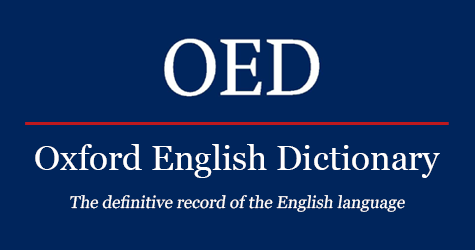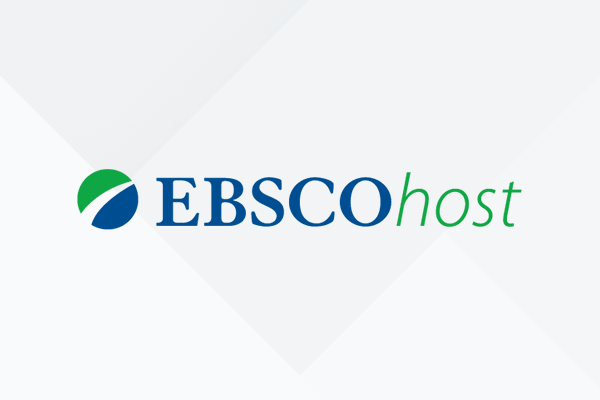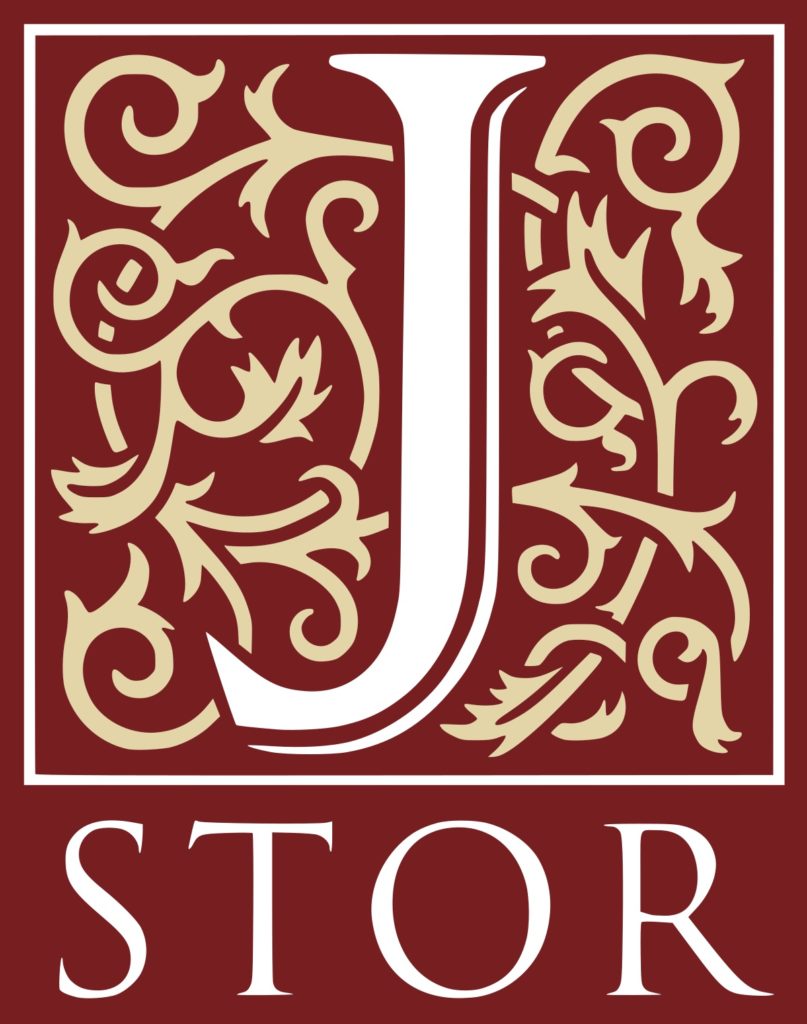OED, MLA, and Remote Library Resources
McDermott Library Remote Access
Cadets have access to USAFA’s library resources on and off campus this year. You can use the links here to access databases for all of your classes from anywhere. When you visit a site, like the OED for example, you will need to find the “log-in” screen and use the username and password below. Once you’ve successfully logged in, I recommend saving the username and password. All the resources listed below have the same username and password:
Username: usafaremote
Password: Falcons1@

Remote Access to McDermott Library Resources
Click here to see a full list of databases and resources that you can access remotely, including a list of usernames and passwords. To access most library research databases and online resources remotely you will need to enter the case sensitive username and/or password:

Oxford English Dictionary (OED)
This is the world’s best and most authoritative dictionary of the English language. I insist that students use the OED rather than free online dictionaries like Miriam Webster or Dicitonary.com because the OED provides useful historical and etymological information in addition to listing older meanings of words that other dictionaries do not.
MLA Style Guide

MLA Handbook: Eighth Edition
Click here to visit Purdue University’s Online Writing Lab (OWL). This gives you access to Modern Language Association’s (MLA’s) style guide, which explains everything from correct grammar and punctuation, to in-text citations, to formatting, to works cited pages. Remember, I am always happy to answer any questions or help you find information.
Common Formatting Errors
Common Error #1: Quotations WITH an in-text citation
Quotations WITH an in-text citation: commas and periods go after the in-text citation; question and exclamation marks original to the text go inside the quotation marks.
In response Katherine states, “That is as it shall please the king my father” (V.2.246), revealing that she is unable to consent to love, marriage, and childbearing without her father’s approval.
Notably, King Henry asks Katherine multiple times in various manners for her consent to a marriage with him, saying “canst thou love me?” (5.2.192-3).
Common Error #2: Quotations WITHOUT an in-text citation
Quotations WITHOUT an in-text citation: commas and periods go inside the quotation marks.
E.E. Cummings’ poem, “anyone lived in a pretty how town,” baffles readers with its unusual syntax.
Common Error #3: Blocked Quotations (Prose)
Blocked Quotations–more than four lines of prose or poetry–should be indented 0.5 in and should NOT be enclosed in quotation marks. Punctuation marks go at the end of the quotation, not after the in-text citation.
But if the cause be not good, the king himself hath a heavy reckoning to make when all those legs and arms and heads, chopped off in battle, shall join together at the latter day and cry all, “We died at such a place,” some swearing, some crying for a surgeon, some upon their wives left poor behind them, some upon the debts they owe, some upon their children rawly left. (4.1.130-136)
Common Error #4: Blocked Quotations (Poetry)
Blocked passages of poetry (still indented 0.5 inches without quotation marks) should preserve the original line breaks.
We few, we happy few, we band of brothers;
For he today that sheds blood with me
Shall be my brother. Be he ne’er so vile,
This day shall gentle his condition… (4.3.60-64)
Common Error #5: Using Slashes To Indicate Line Breaks in Poetry
Passages of poetry that are not long enough to be block-quoted should use slashes to indicate line breaks.
Henry V stirs his men for battle in what has become one of Shakespeares most recognizable passages: “We few, we happy few, we band of brothers; / For he today that sheds blood with me” will become “gentle” like the King himself (4.3.60-62).
Frequently Asked Questions
Question: How do I format in-text citations from Shakespeare’s plays?
Answer: Student should give the (Act.Scene.Line) numbers in Arabic numerals.
In response Katherine states, “That is as it shall please the king my father” (5.2.246), revealing that she is unable to consent to love, marriage, and childbearing without her father’s approval.

